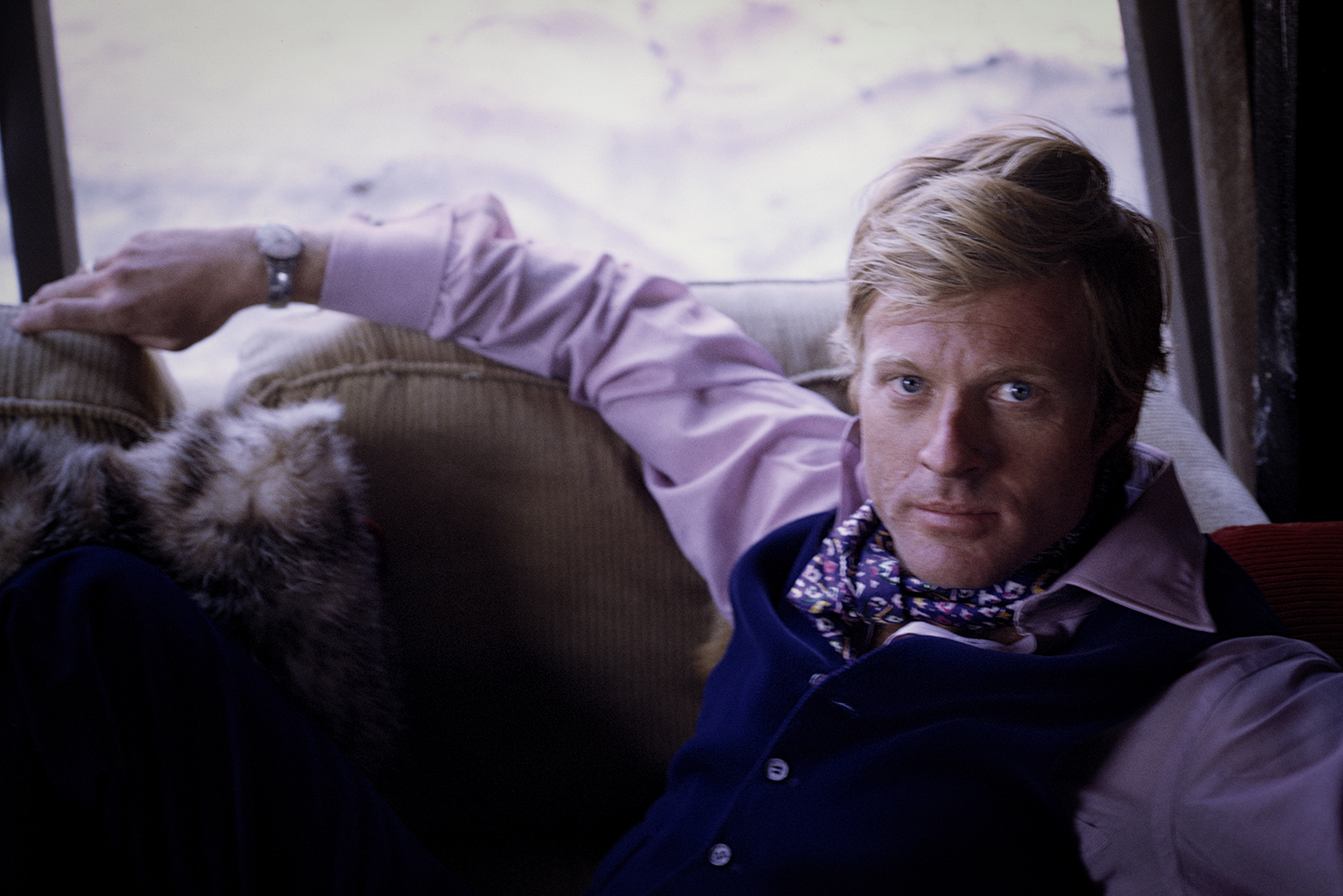By David Thomson
Copyright newstatesman

Did you feel a pang? Not that I ever found him interesting. But there he was, on the obit screen, dead at 89, at some moment between Barefoot in the Park and Bob Woodward at the Post. I sighed, “Hi, gorgeous,” not just for him but for the whole culture in which some people looked not simply good, but sort of noble or virtuous. They looked like honest intact icons. And that white lie was going even as Robert Redford reigned.
He was a touch out of date as he began. What it came to, I’d guess, was that Redford was simple-mindedly straight, not curious about other possibilities. No one had been so beautiful since Montgomery Clift, but the smothered tremor in Clift came from his struggle to come off “manly”. That still makes him anguished and fascinating. But “Bob” was secure, politely accepting that many women would open the door for him, so blind to how the attractiveness of, say, Cary Grant could hang upon sexual insecurity. Redford was home and a little alone from the start, and he did all he could to seem good, in the right while on the left, and flawless – but boring?
Occasionally, a flaw showed. He seemed to hear the whispers in his own head that he might be bogus, or a fake. It’s there in his honest pleasure in the confidence trickery of The Sting. The most personal film he directed, Quiz Show, is tidy, decent and predictable, but he does give John Turturro his wild head while accepting that the grave, inventive but restricted Ralph Fiennes never knew how to do that kind of head.
There is one film where Redford is unexpected. In Three Days of the Condor, he goes from being a low-level researcher at the hush-hush Manhattan house to someone who might even run the show. From being hunted and homeless he becomes an intelligent operator unashamed at his own sexual outlawry when he not only imprisons Faye Dunaway but is close to raping her. That’s a situation full of conventional paranoia that digs into the improper erotic collision of two movie stars and the implicit instinct that Bob is so perfect he’s irresistible, or forgivable. There is a latency at work, that Robert Redford might have managed to play a nasty guy if had been unvain enough to take the chance.
This edge of unkindness is there for a moment in Butch Cassidy and the Sundance Kid when he seems ready to take advantage of Katharine Ross until the gentle let-down that those lovely kids are only pretending. He couldn’t lie for more than a few minutes, without pulling himself together. So its in looking at Redford that you begin to suspect the most interesting movie actors in America are those into some kind of lying most of the time. That’s why Nicholson used to tease Warren Beatty about looking so handsome.
The best conclusion is that Redford believed in his close-ups; so long as he didn’t grin too much, he could pass as honest and adorable, and never going to let you or himself down. That’s why he could not match the ambivalence in Paul Newman, Jack Nicholson, Brad Pitt or Streisand. Let alone the maestro fakes like Tom Cruise and George Clooney, actors whose identity rests in the imbalance of huge charm and the fragrance of unreliability.
Redford’s honour reached out into schemes of environmental restoration, and artistic support (the branding of “Sundance”), and even the creak of what used to be called “presidential timber”, like great redwoods stirring in the wind. There was a time when some hoped Bob should run for office, until that odd film, The Candidate, where the charade of politics is called out. That was a subversive study of a campaign beauty who realises his own face might be a dried turd.
That’s unkind for a naïve actor. But the glory of Redford on screen was a swansong in the idea that male beauty might be trusted, and elected. He marks that brief optimism when John Kennedy was thought to be in the tradition of Henry Fonda and Gary Cooper – beauties we could count on. And Redford may stand as the last Rushmore head, the blond rock citizens could swear by, instead of an actor who might say anything. And whose prating mouth resembled a coiled anus. Maybe it is just the dismay that followed the invention of photography, but we will never fall for “good looking” again.
[See also: Remembering Terence Stamp]



